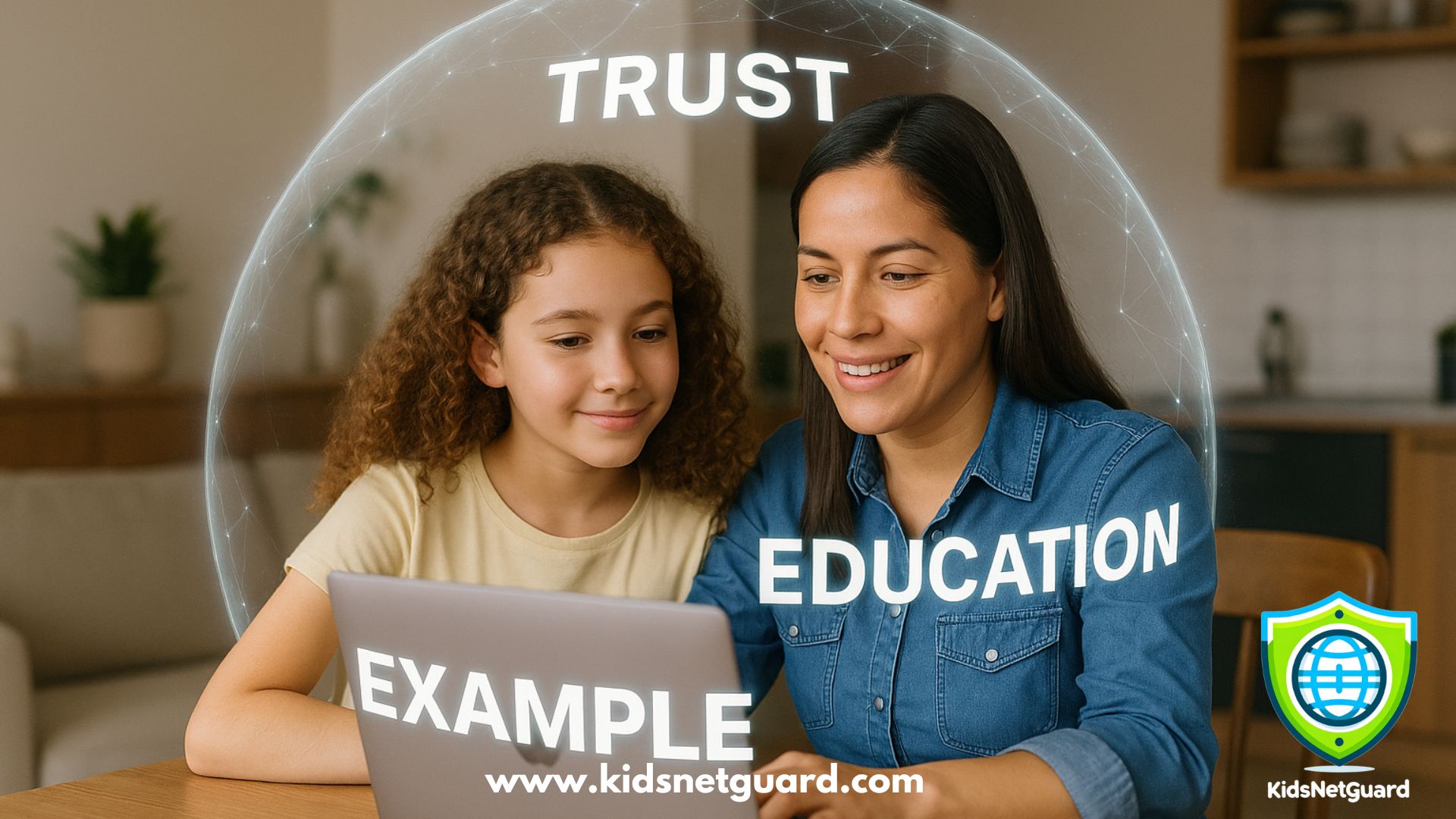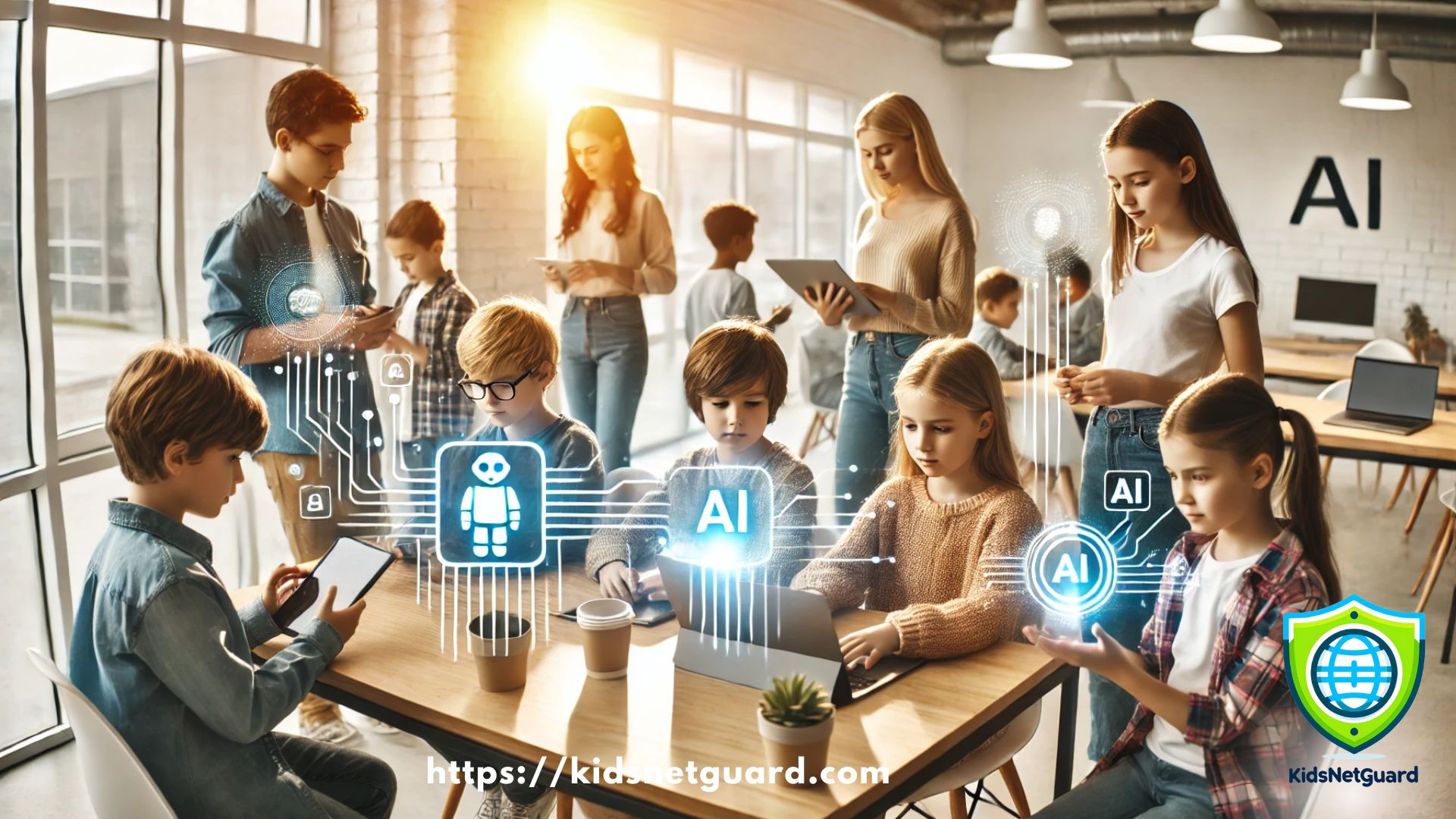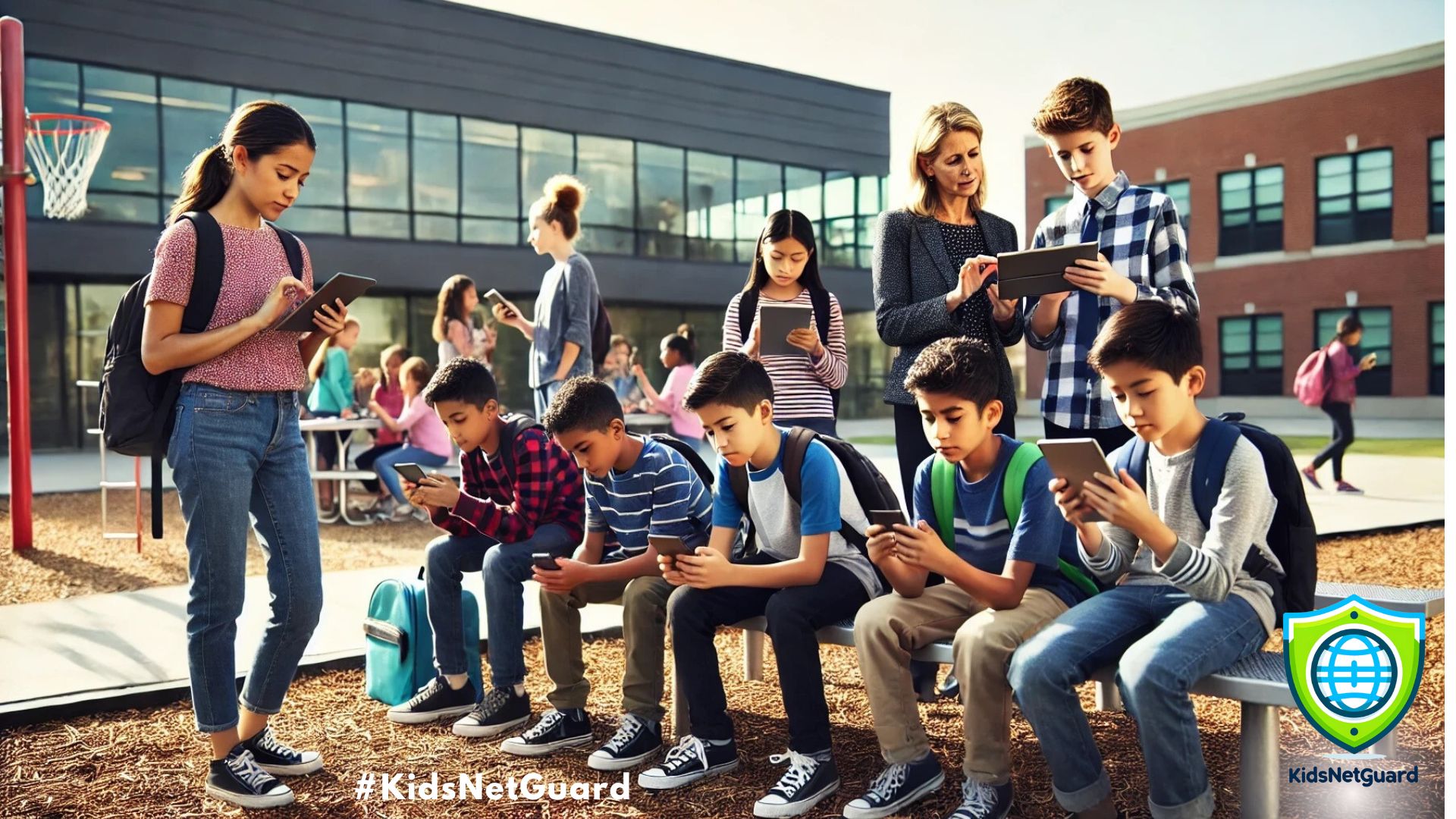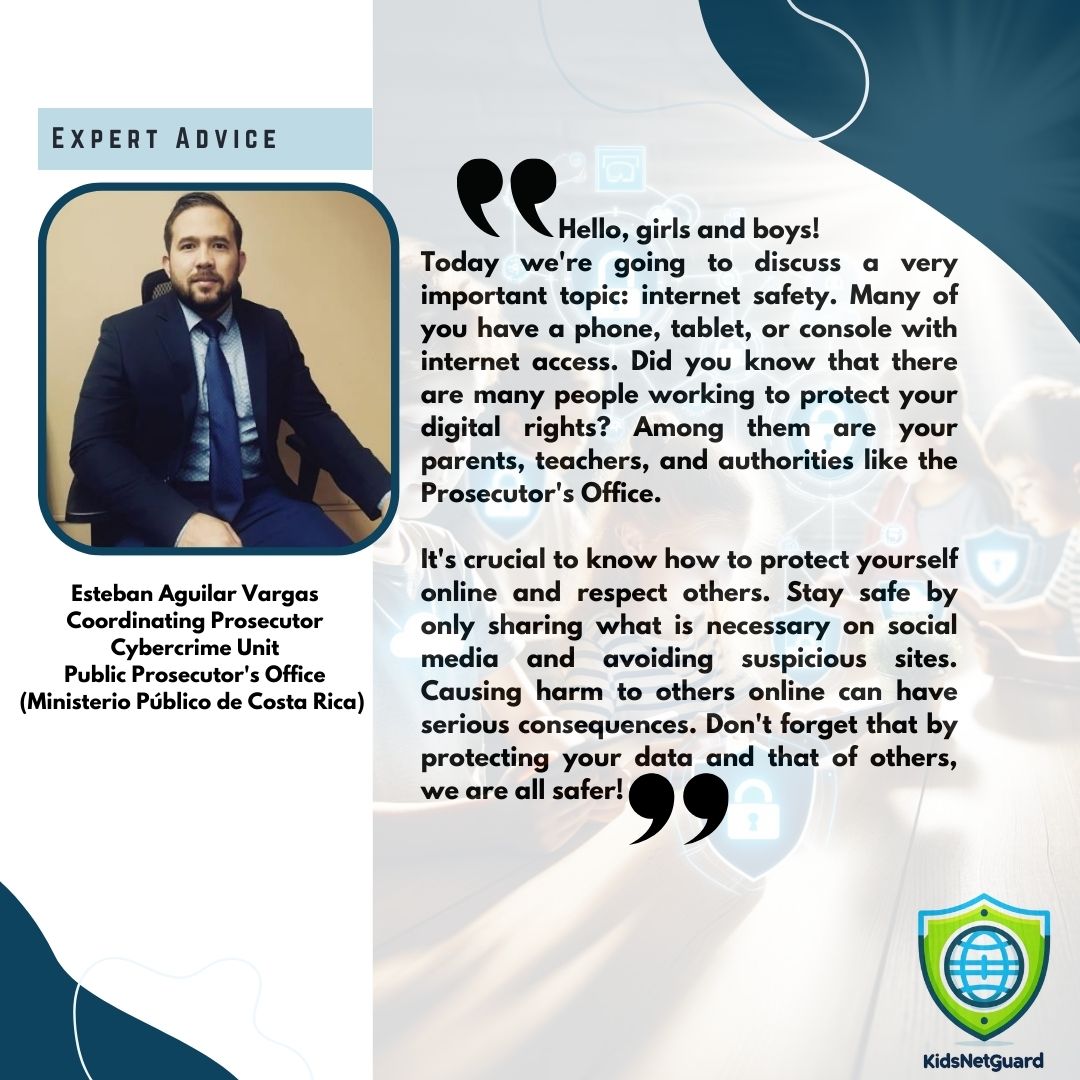Fostering digital citizens: The commitment of parents and educators in the technological era
The task of securing the digital environment for younger generations falls not only on technological tools but, more significantly, on the education and guidance that parents and educators provide. The collaboration between home and school is essential for developing responsible digital citizens, ready to face both the opportunities and challenges that technology presents.
In this context, a key strategy for empowering youth in the digital environment is to foster an attitude of curiosity and critical learning towards technology. Teaching them to question information, verify sources, and discern between reliable and misleading content prepares them to identify potential risks on their own. This skill is fundamental in an era where the volume of available information can be overwhelming and, at times, deceptive.
Beyond safety, it is crucial to teach and model principles of digital responsibility and online ethics. This includes respect for others’ privacy, understanding the long-term consequences of our actions online, and commitment to creating an inclusive and positive digital space. Parents and educators can guide young people through practical examples and discussions about real scenarios on the internet, preparing them to act with integrity in the digital world.
Moreover, for children and adolescents to not only be passive consumers of technology but active creators, it is important to encourage the development of digital skills from an early age. This can range from basic programming skills (STEM) to the creative use of digital applications for artistic expression. Projects that involve technology, such as educational robotics, blogging, programming small video games, or the use of digital educational resources, can be excellent learning opportunities that also foster creativity and problem-solving.
Therefore, digital well-being is an aspect that deserves special attention. Educating young people about the importance of balancing online and offline life, recognizing signs of digital fatigue, and promoting activities that foster mental and physical health are shared responsibilities of parents and educators. Technology should be a tool that enriches young people’s lives, not a source of stress or isolation.
By considering and applying these strategies, parents and educators can work together to ensure that children and adolescents are not only protected online but also become ethical, responsible, and creative digital citizens. The goal is to prepare the younger generations not only to face the challenges of the digital world but to seize its opportunities, contributing to a safer, more inclusive, and enriching digital society.









Post Comment